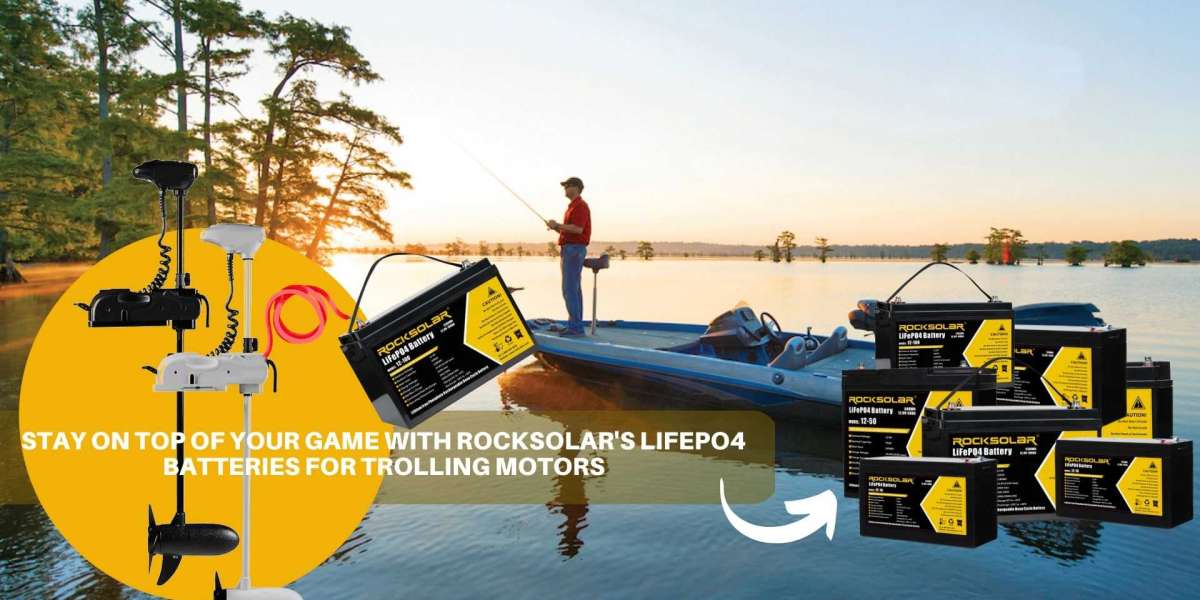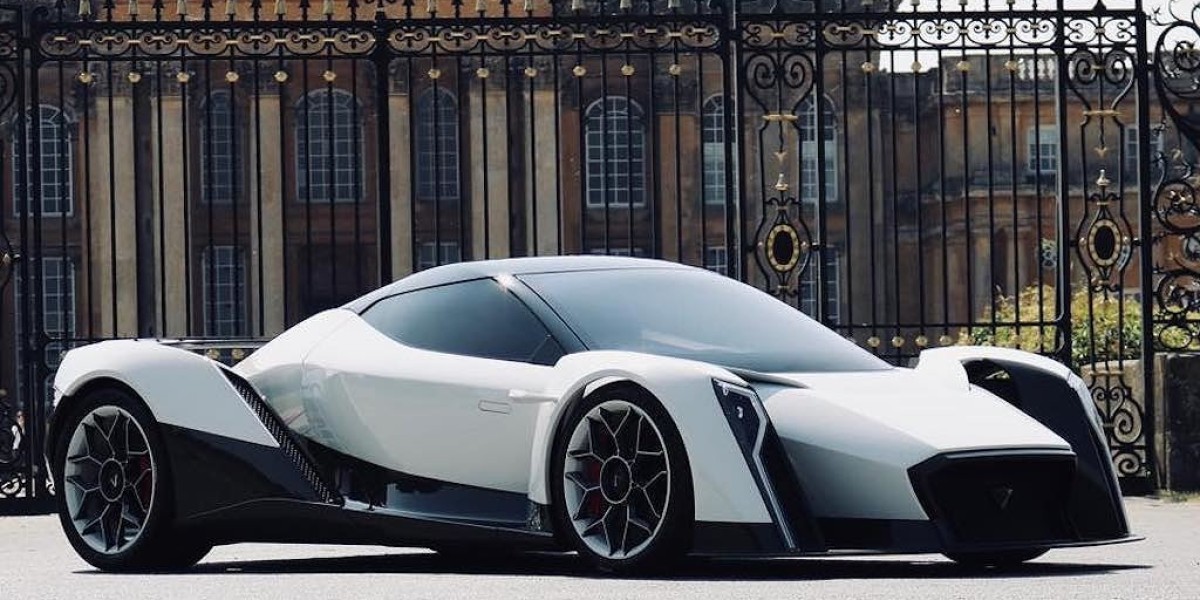Are you a boating enthusiast always looking for ways to make your marine adventures smoother and more efficient? Then, you've probably heard of LiFePO4 batteries. These lithium-ion batteries are gaining popularity in the marine industry as an alternative to traditional lead-acid batteries. But what makes them stand out from other types of batteries? In this blog post, we'll explore everything you need to know about LiFePO4 batteries and why they could be the future power source for boats. So sit tight, and let's dive into it!
What is a LiFePO4 Battery?
LiFePO4 batteries, also known as Lithium Iron Phosphate batteries, are rechargeable batteries that use lithium-ion technology. Unlike traditional lead-acid batteries used in marine industries, LiFePO4 batteries have a higher energy density and longer lifespan. The chemical structure of LiFePO4 batteries makes them more stable and less prone to overheating or explosion than other lithium-ion batteries. They also have a lower self-discharge rate, meaning they can hold their charge longer without requiring frequent recharging. Another significant advantage of LiFePO4 batteries is that they don't contain toxic heavy metals like lead or cadmium found in traditional marine battery systems. This makes them an eco-friendly option for boaters who want to reduce their carbon footprint while enjoying their water adventures. The unique properties and benefits offered by LiFePO4 make it an ideal power source for marine applications such as powering boats' electrical systems and electric motors. In the next section, we'll explore why these advantages could mean that LiFePO4 is the future of marine batteries!
Is LiFePO4 the Future of Marine Batteries?
The marine industry has been evolving rapidly over the years, and with technological advancements comes a need for more efficient and reliable power sources. With this in mind, LiFePO4 batteries have emerged as a viable option that could revolutionize how boats are powered. LiFePO4 stands for Lithium Iron Phosphate, a lithium-ion battery known for its safety, durability, and long lifespan. Compared to traditional lead-acid batteries commonly used on boats, LiFePO4 batteries offer several advantages, such as higher energy density, faster charging times, longer cycle life and reduced weight. Moreover, LiFePO4 batteries do not contain toxic materials or emit gases during operation, making them environmentally friendly options. This makes them ideal candidates for use in yachts, sailboats or other watercraft. As technology advances at an unprecedented rate, it's clear that LiFePO4 will play an even bigger role in powering marine devices. The future of marine batteries seems bright, with these innovative lithium-ion cells leading the way!
How many years will a LiFePO4 battery last?
LiFePO4 batteries are known for their long life span compared to traditional lead-acid batteries. On average, a LiFePO4 battery can last up to 10 years or even longer with proper care and maintenance. One of the reasons why LiFePO4 batteries have a longer lifespan is that they have a higher cycle life than other types of batteries. This means they can be charged and discharged more times without significantly reducing their capacity or performance. Another factor contributing to their longevity is their ability to operate at high and low temperatures without damaging the battery cells. This makes them ideal for use in marine environments with common temperature fluctuations. In addition, LiFePO4 batteries do not experience the same type of sulfation as lead-acid batteries, which occurs when sulphate crystals build up on the battery plates over time and reduce their capacity. Investing in a high-quality LiFePO4 battery for your marine vessel will provide reliable power and save you money in the long run by avoiding frequent replacements due to short-lived traditional marine batteries.
Benefits of Using LiFePO4 Batteries in Marine Industries.
Using LiFePO4 batteries in marine industries has several benefits. Firstly, these batteries are much safer than other batteries that can be used on boats and ships. This is because they have a very low risk of catching fire or exploding, even when subjected to high temperatures or mechanical stress. Secondly, LiFePO4 batteries Canada are much more efficient than traditional lead-acid batteries, which means they can provide power for longer periods without needing to be recharged. This makes them ideal for long sailing trips where access to shore power may not always be available. Thirdly, LiFePO4 batteries are much lighter than traditional lead-acid batteries, so they take up less space and require less maintenance. This makes them ideal for small boats and yachts with premium space. Using LiFePO4 batteries can help reduce the carbon footprint of the marine industry as a whole. By using cleaner and more efficient energy sources such as LiFePO4 batteries instead of fossil fuels or traditional lead-acid battery systems, we can work towards creating a more sustainable future for our oceans and planet overall.
Conclusion
It is safe to say that LiFePO4 batteries have a promising future in the marine industry. With their impressive lifespan, high energy density, and ability to withstand extreme weather conditions, they are becoming increasingly popular among boat owners and manufacturers. Moreover, as concerns over environmental sustainability continue to grow, LiFePO4 batteries stand out as a more eco-friendly alternative to traditional lead-acid batteries commonly used in boats. If you're considering upgrading your boat's battery system or looking for reliable power solutions for your marine equipment, LiFePO4 batteries might be the perfect fit. They will provide you with a long-lasting and efficient power supply and give you peace of mind on every journey. So invest in the future of marine battery technology with LiFePO4!



